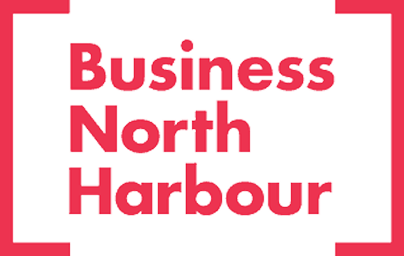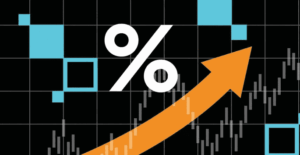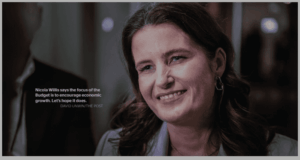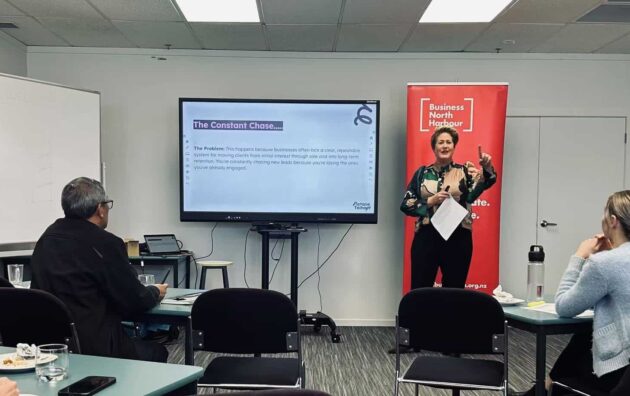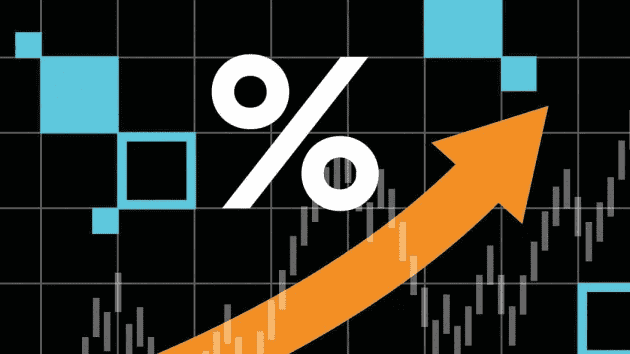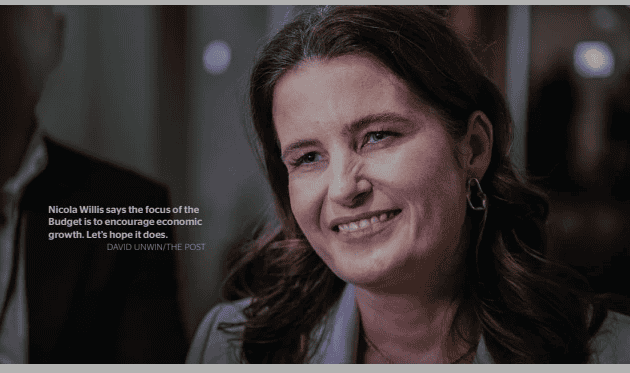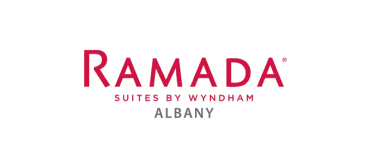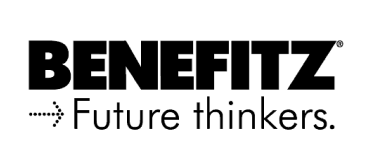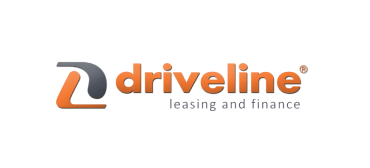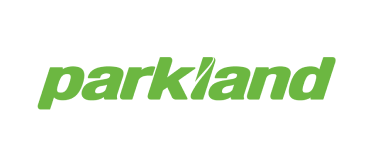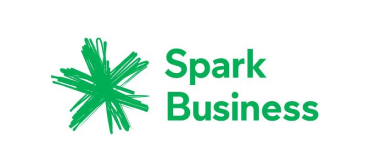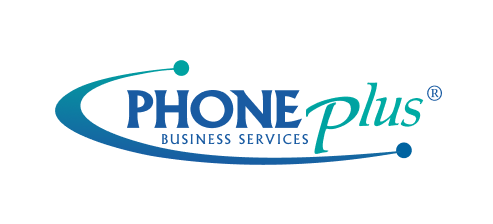Inventory (or stock) is any goods or materials you hold to create value for your customers — such as products they’ll buy, or the things you need to make those products. Find out the pluses and minuses of holding inventory, and how to order inventory wisely to save money or free up cash flow.
Holding inventory has pros and cons
Inventory could include anything from raw materials to finished products. Your inventory could consist of things your business makes, or things you order from someone else.
Holding inventory can help you serve your customers better, and it can help you maximise profits and lessen risk. However, holding inventory also has other implications. It’s important to think through the pros and cons.
Pros
Pros of holding raw materials.
- You always have everything on hand to make your products.
- You can quickly respond to changes in demand.
- You’re less affected by supplier delays or stock outages.
- You can take advantage of price changes and bulk discounts.
- You can reduce admin time and costs by making fewer orders.
Pros of holding completed products.
- You never miss out on a sale.
- Your customers don’t have to wait.
- You can go on sale quickly to increase cash flow or challenge competition.
- You can make good use of quiet times by preparing and storing what you’ll sell in busy times.
Cons
Cons of holding inventory.
- You tie up working capital, meaning less cash for other things.
- You need to pay the cost of storage and insurance.
- You’re responsible if anything gets damaged.
- You’re responsible if anything becomes obsolete — for example, due to changes in fashion or technology.
- You may need to keep records and conduct stocktakes.
Would your business benefit from inventory?
If you’re not sure whether your business would benefit from inventory, consider the following things.
How valuable are your items to your business?
Some raw materials or completed products are more important to hold as inventory than others. High-value items might be crucial to hold as inventory, but you may prefer to stock less or none of your low-value items.
To decide which items to hold, categorise them by value.
- High-value items — the 20% of items that generate around 80% of sales.
- Medium-value items — the 30% of items that generate about 15% of sales.
- Low-value items — the remaining 50% of items that generate only 5% of sales.
Are you making to stock or making to order?
If you can accurately forecast customer demand — or you’re consistently matching customer demand — you might consider a make-to-stock model. This is when you make and hold items as inventory so you can always meet customer demand.
Alternatively, if you’re usually creating bespoke or customised items, you might consider a make-to-order model. In this case, you can’t really predict customer demand, so you probably can’t hold many (or any) completed products. You may need to hold fewer raw materials too.
Not sure which production model works best for your business? Use our tool to assess your current production profile and how it serves customer needs.
Are you selling products or services?
Most businesses provide a mixture of products and services (whether they realise it or not). You probably do too. Understanding exactly what you’re selling may help you decide whether inventory is useful for your business. Use our tool to reflect on the product and service elements of what you provide, and where the most value is.
Are you providing a product, a service or a mix of both?
Click here to read more about managing inventory.
SOURCE: Business.govt.nz
